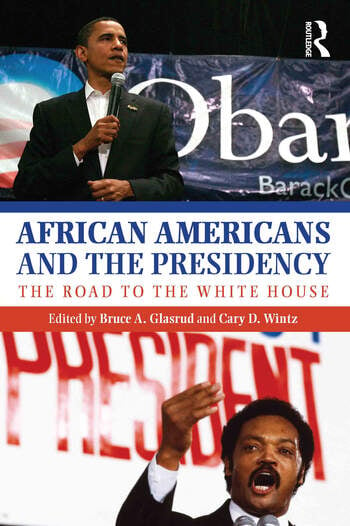Is Hawaii a Racial Paradise?Posted in Anthropology, Articles, Census/Demographics, History, Media Archive, Oceania, Social Science, United States on 2015-09-16 18:13Z by Steven |
Zócalo Public Square
2015-09-15
Rudy P. Guevarra, Jr., Associate Professor of Asian Pacific American Studies
Arizona State University
Nitasha Sharma, Associate Professor of African-American Studies and Asian-American Studies
Northwestern University, Evanston, Illinois
David A. Swanson, Professor of Sociology
University of California, Riverside
Lee A. Tonouchi (“Da Pidgin Guerilla”)
Hawaii
Roderick Labrador, Associate Professor of Ethnic Studies
University of Hawaii, Mānoa (also Director of the UCLA Hawaii Travel Study Program)
Maile Arvin, Assistant Professor of Ethnic Studies
University of California, Riverside
Races, Ethnicities, and Cultures Mix More Freely Than Elsewhere in the U.S., But There Are Limits to the Aloha Spirit
Early in the 2008 film Forgetting Sarah Marshall, Jason Segal, playing a guy who travels to Hawaii to get over a breakup, drunkenly pours out his feelings to two people in his hotel, a newlywed man and a bartender. The new husband encourages Segal to think there’s still hope for the relationship, but the bartender, Dwayne, has no sympathy for Segal’s sadness.
“You’ve gotta move on,” Dwayne says. “It’s that easy, I promise you it is. I lived in South Central. South Central. And I hated it. So I moved to Oahu. Now I can name you over 200 different kinds of fish!” He starts naming them.
The scene is hilarious, but it also hints at one of America’s fundamental Gordian knots—race—and the various ways we’ve tried to untie it. The story uses Los Angeles’ “South Central” neighborhood as a code word for a place where gangs are divided along color lines, racial tensions can erupt in violence, and residents feel stuck in the cycle. The implication is that Dwayne, who’s black, escaped all that by coming to Hawaii. He puts forth Hawaii as a paradise—a place where the only thing he has to worry about is learning how to pronounce Humuhumunukunukuapua`a.
Hawaii is one of America’s most diverse and happiest states. Some would contend people get along better here than almost anywhere else. But tossing different groups together also means there are frictions—ones that perhaps are too often are obscured by the sunshine and ukuleles in tourist guides.
So what’s the actual nature of racial relations in Hawaii? And what can the rest of us learn from it? In advance of the “What It Means to Be American” event “What Can Hawaii Teach America About Race?,” we asked a variety of experts on and off the islands that same question…
Read the entire article here.
